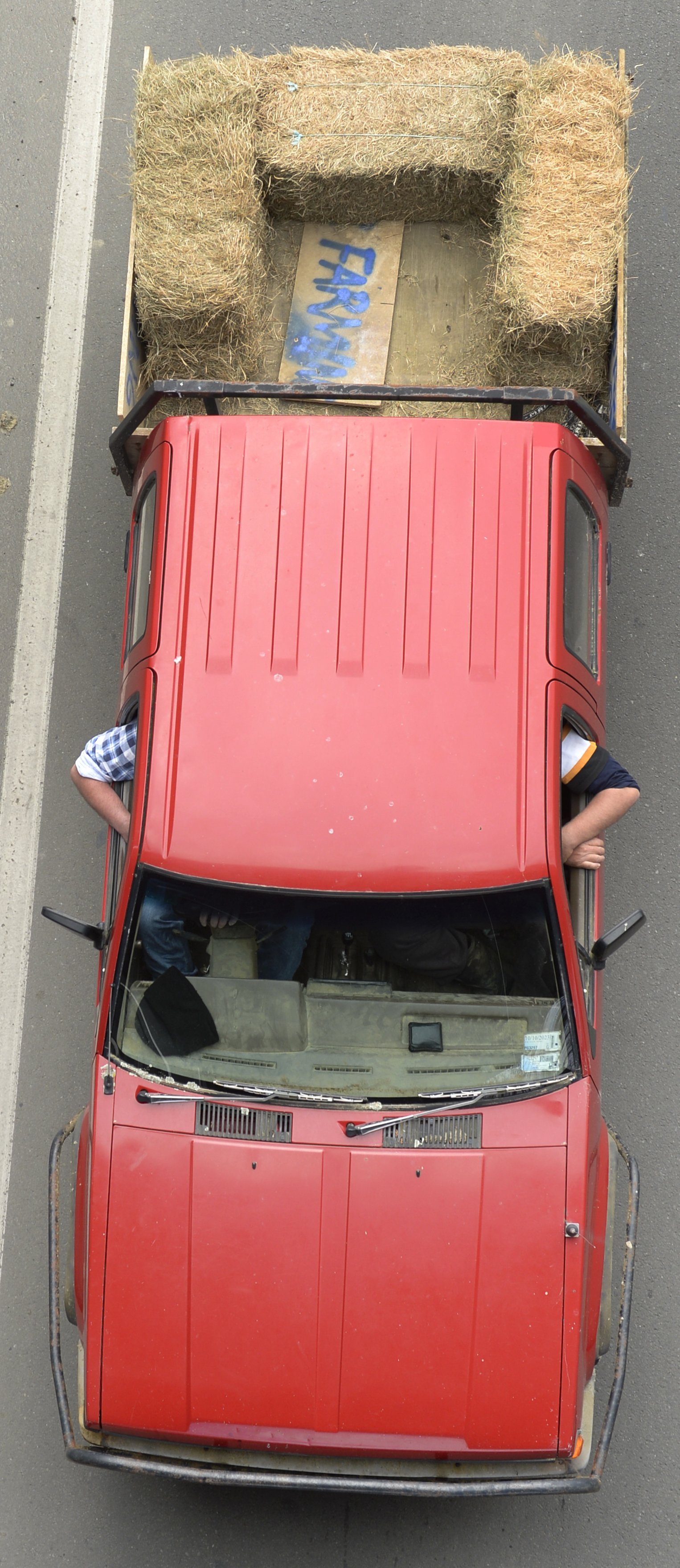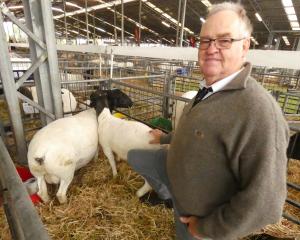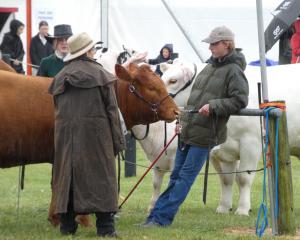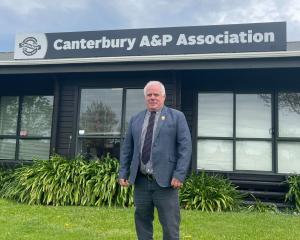Groundswell New Zealand has given the Government until the end of the month to respond to its demand to scrap a controversial proposal to tax livestock emissions.
While turnout at the group’s national tractor protest yesterday was less than previous events, the group’s southern-based founders were adamant support was not dwindling.
At a press conference in Dunedin, co-founder Bryce McKenzie said support could be gauged from the feedback and messages it received. The noon protest was "thrown together" in eight days and, if there had been longer to prepare, then the turnout would have been "massive" but spring was also the busiest time of year for farmers.
He and fellow founder Laurie Paterson, who both drove tractors to Dunedin, were pleased with the turnout, which included 100 tractors in Auckland, they said.
The protest focused on the four main centres — Auckland, Wellington, Christchurch and Dunedin — and traffic slowed on Dunedin’s one-way system as the convoy of about 30 tractors and dozens of utes looped it.

Many bore signs with such slogans as "Trees look nice sure, but have you ever eaten a bark sandwich?" and "Don’t Bite the Hand That Feeds You,"
In Invercargill, about 200 protesters gathered at the racecourse and Lorneville before converging on the centre city. About 20 tractors led the protest with the rest in utes and cars.
Mr McKenzie said farmers were fed up and extremely disappointed that the industry that had kept "the whole of New Zealand going through Covid" was being "kneecapped".
He described the proposal as "the worst assault on New Zealand farmers and rural communities in a generation"
"Every fifth farmer you see here today will be gone by 2030," he said.

It would have a major impact on rural support industries and rural communities and Mr Paterson said many rural contractors had been keen to take part in the protest, but were struggling with labour shortages.
The proposal would cost $3.7 billion in lost production a year and, it was estimated that "each farming dollar goes around six times", meaning that $22 billion was enough to build hospitals, he said.
Mr McKenzie said New Zealand agriculture contributed less than quarter of 1% of global emissions and the Government seemed intent on being "a moral crusader on the international stage".
Food production would be picked up by countries with less sustainable farming systems than New Zealand and he also believed it breached the Paris Agreement.

"I don’t consider him minister of agriculture, I think he’d be better suited a minister of unemployment," he said. "Or pine trees," Mr Paterson added.
Farmers also felt let down by the industry bodies who had been involved in consultation and Mr McKenzie believed that would be reflected in future votes. He also believed the issue would affect Labour’s chances at next year’s general election.
Asked if he was concerned about Voices for Freedom’s support for the protest, Mr McKenzie said it was impossible to stop people attending a protest. The messaging he saw during the convoy was "right on point".














